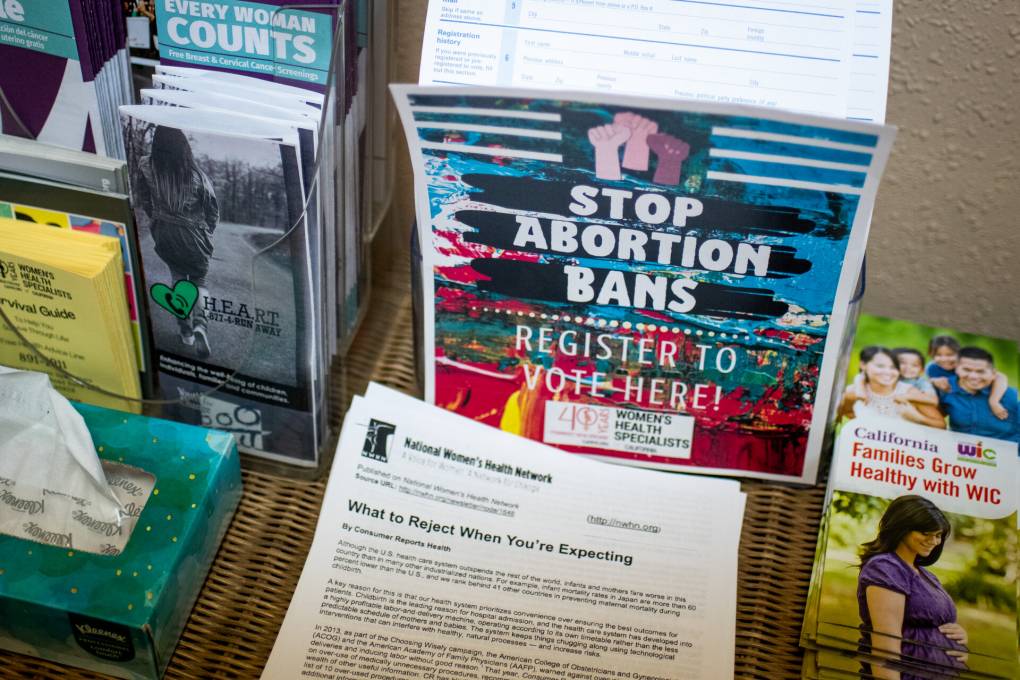The Food and Drug Administration has announced it will relax controversial restrictions on a heavily regulated medication used to induce abortions — easing access to the drug at a time when abortion rights are being increasingly restricted nationwide.
The drug, mifepristone, is approved for use in combination with another medication, misoprostol, to terminate pregnancies of up to 10 weeks and is sometimes used to treat patients experiencing miscarriages.
Before the coronavirus pandemic, doctors could prescribe the pills only to patients who were able to pick them up in person. But in response to COVID-19, the Biden administration suspended that requirement, allowing them to be mailed to patients instead. The decision by the FDA on Thursday makes that change permanent.
Advocates said restrictions on the abortion pill were ‘outdated’
Last year, reproductive rights groups successfully sued to suspend the in-person dispensing rule, arguing it exposed patients to unnecessary risk from COVID-19. The Trump administration fought that decision at the Supreme Court, which allowed the rule to be reinstated. Then, the Biden administration stepped in this April to once again allow patients to receive the abortion pills by mail.
Doctors like Nisha Verma said this mail option has been particularly helpful for residents of rural areas far from the nearest clinic.



